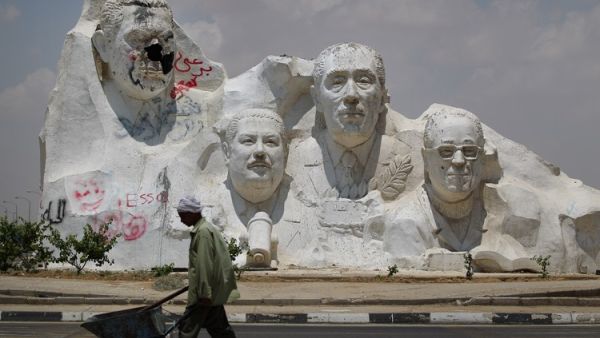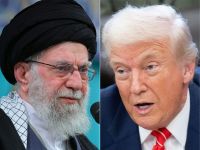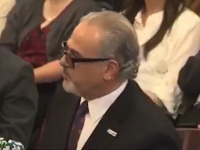Mubarak’s trial is a wake-up call to other leaders that they are now accountable for their actions.
The trial of former Egyptian President Hosni Mubarak which opened yesterday is an event of historic importance. Never before in Egypt has a head of state been brought to account in a court of law and made to answer for his actions. It is a major moral advance in Egyptian political life.
There are, indeed, few countries where this has happened. The only other comparable cases in recent times are that of Argentina’s military junta leader Jorge Videla, now serving a life sentence for crimes against humanity, former Peruvian President Alberto Fujimori and, of course, Saddam Hussein in Iraq. There was also Yugoslavian President Slobodan Milosevic but he was tried at The Hague for crimes against humanity, not at home. That would have been politically impossible at the time; moreover, he died before the trial could reach a conclusion. Death, too, ended any chance of bringing Chile’s junta President Augusto Pinochet to trial for human rights crimes. There has been the trial of former Israeli President Moshe Katsav but that was on rape, not human rights charges. There have been, too, two trials of Tunisia’s former President Zine El-Abedine Ben Ali with a third under way. But while they may have a cathartic effect in Tunisia, they cannot claim to be breaking new moral political ground because they were held in absentia. Any such trial is by its very nature unjust and therefore in the wider political and moral sense, invalid.
Going further back in history, trials of heads of state or prime ministers for human rights crimes by their own people have been extremely rare. Usually the fate of overthrown rulers was instant death. The Nuremberg Trials of Germany’s Nazi leadership after World War II broke new ground and were the progenitors of the whole idea of bringing those accused of crimes against humanity to account. There is a direct connection between them and the Yugoslav and Rwanda war crimes tribunals and most recently the International Criminal Court. Even so, few world leaders accused of abuses have been brought to trial. That is what makes the Mubarak case so significant.
It has taken the world a long time to get to the point where leaders are held legally to account for their actions — although it is far from the case that putting a head of state or government on trial is in itself a supremely moral act. It might be a supremely immoral one if it is a case of a new regime out to curry favor with the public or motivated by a desire for revenge.
In Mubarak’s case (as in Ben Ali’s) the picture is not simple. The Egyptian political establishment was more than just him and his family. He was at its apex and, as such, his trial is immensely important as well as symbolic. But there are others in Egypt who were intimately part of the system and who are still in positions of power. While many Egyptians did not expect this trial to happen, they suspect that there are some in the new leadership who want to pin all the blame on him rather than the wider group of which they were part. That is further reason for suspecting that the Egyptian revolution is as yet an unfinished affair.









